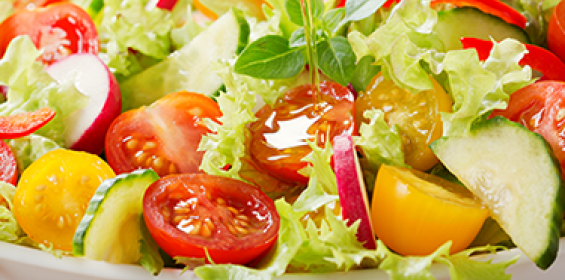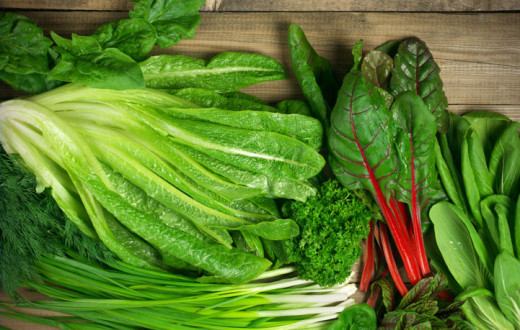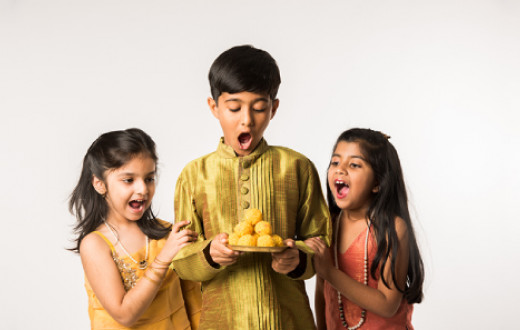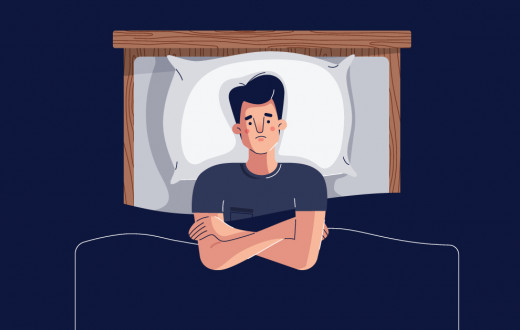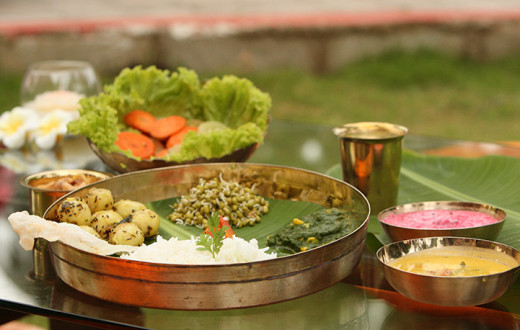Say ‘bye’ to emotional eating
Did you know: the effects of comfort food lasts only three minutes?
We’ll come to that in a minute. But first. Have you ever been to the dentist as a child? And been awarded a lollipop or a sweet for being a good, brave patient? How about a visit to a doctor that ended with a sweet treat as a reward? Perhaps a parent’s day at school which ended with a nice big chocolate rock tucked in your pocket?
This might not hold true for everyone but certainly for a few. Good behavior is reinforced with a treat. And this reinforcement gets ingrained in the brain and the psyche. No wonder, even as teens and middle-aged adults, we find ourselves reaching out for a takeout or a midnight refrigerator raid when we’re feeling the need to reinforce something in our life.
Disclaimer before reading ahead: Proceed with a non-judgmental attitude. Avoid the pitfalls of guilt, self-criticism, and self-abhorrence. It is recommended to walk on the paths of patience, self-love, and self-awareness. You will reach your destination happier.
Who’s there?
An occasional break in discipline and indulgences in unhealthy comfort food is considered normal. We’re all human after all. What happens when this occasional trespass becomes the norm? Behavioral deviances that could become hard-to-die habits. An expanding waistline, fluctuating mood swings, confusion between feeling hungry and experiencing a pseudo state of hunger. Welcome to emotional eating. A world of possibilities, beginning with the alphabets ‘ME’ and ending with, ‘ME.’
Common reasons for emotional eating could range from stress, anxiety, and pressure. There could also be subtler reasons as well - lack of self-love, guilt, low self-esteem, fatigue, fear, wanting to compensate for the lack of something in one’s life through food. Even not having a goal or something to look forward to. One could want to run away from food, or run into food. More often than required.
Unfortunately, all you get is three minutes. Research says that the effect of comfort food lasts just three minutes. A study reported in the Journal of Appetite gave participants chocolate and tested how long the “feel good” feeling lasts. It turns out that comfort and bliss only last three minutes (Macht & Mueller 2007).
Comfort food preferences will change from person to gender to economic status and personal preferences. Yet, reaching out for that chocolate milkshake, biting into a sugary doughnut, and having an extra helping of a spicy savoury could just give you some respite for three minutes.
My options, please?
Plenty. There are ways to bring oneself out of this cycle of feeling stressed > eating > feeling guilt > repeat.
It all begins with some self-love. And the rest can follow.
Give yourself permission to de-stress:
Chalk out time to beat stress and pressure, everyday. A self-confessed, emotional eater found respite from her eight-year-old habit through yoga and meditation. “I started overeating when I was 30, and realized later it was emotional eating. I had tried everything from controlling myself to not bringing food home. I only found relief when I started yoga and meditation.”
The practice of the yoga asanas energized her body. Meditation and pranayamas calmed her frayed nerves. Slowly she began to wean herself from the old habit. Lack of sleep affects your decision-making choices. It will lower your ability to stay focussed on food awareness. Obesity and weight gain are linked to lack of sleep.
Clean eating:
Eat delicious food that makes you happy and enthusiastic. Yet there’s a small caveat. Eat home-cooked, fresh food. Avoid foods that are loaded with preservatives and sugar. This includes junk food and aerated drinks. And definitely bid adieu to those takeaways and eating out nights. In fact, a nutritionist recommends eating out once a month. And incase you do end up eating out often, have a salad or smoothie the next day. This will balance the indigestion and imbalances.
Though it might seem difficult at first, make a beginning.
Food has an effect on your moods:
1. There is a symbiotic relationship between food and the mind. The kind of food we eat affects our mind and moods.
2. Ayurveda classifies food according to three categories: sattvic, rajasic, and tamasic.
3. Tamasic food causes dullness, lethargy, and depression. This could be stale food that is consumed much later.
4. Increased feelings of restlessness and irritation can be attributed to spicy, rich food (rajasic).
5. Feeling calm, happy, peaceful is a by-product of sattvic food. This could include fresh veggies, fruits, tasty yet mildly spiced food.
6. The vibrations of our thoughts go into the food we’re preparing. If we’re angry or restless, that passes onto the food we’re cooking and into the person who’s consuming it. People in ancient cultures used to say a prayer before eating. The idea was to remove any negative vibration from the food.
Even if this feels too overwhelming or confusing, just remember: eat fresh food. This will help to curb craving and soothe the mind.
Gather your squad:
It’s important to have people who understand what’s happening with you and can support you. Tell them about your ‘Mission: Bye Forever Emotional Eating’ and get them to support you. Prepare your meals. You will understand the ingredients better, make conscious choices and understand the impact that food has on your mind. If you’re pressed for time, ask your family and friends to help you prepare fresh meals. Cooking together is a lot of fun! Insist on eating together - that way you’ll be making your bonds stronger, eating with awareness, and distracting yourself from the temptation of straying away from your regime.
Create your relationship with food:
As per Ayurveda, you should not eat till your stomach fire is active. Eat with a calm mind and awareness. This will naturally drive you to eat according to your body’s requirement. Our body signals to us when we’re feeling satiated. Those signals get lost when we’re lost in our gadgets. Keep gadgets away when eating food.
It’s best to be patient and focus on the long-term benefits of good nutrition instead of the short-term highs of food indulgences. Correct your relationship with food, and give yourself some tender loving care along the way. It will make you thrive.
Based on inputs by Priti Trivedi, Faculty of the Ayurvedic Cooking Program, The Art of Living





